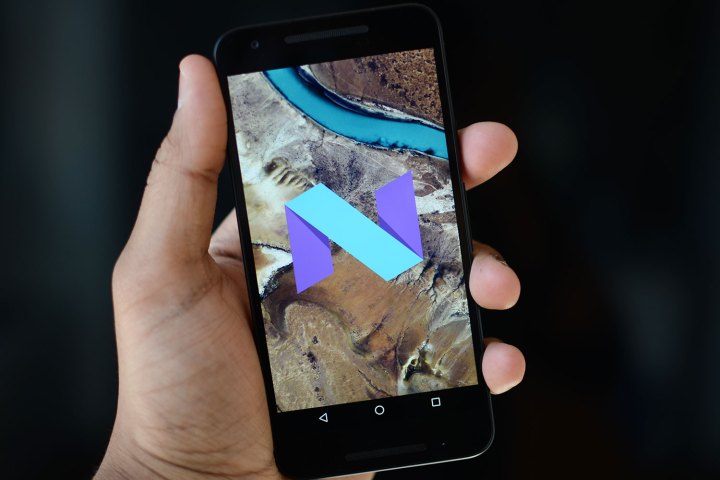
The policy, which isn’t new, generated headlines last week when a good Samaritan posted a public service announcement in Reddit’s Android community. Android device users are entitled to free backups “as long as [they] use [their] device[s],” according to the language on Google’s support website. When a device goes unused for two weeks, a two-month countdown begins. When it has elapsed, Google reserves the right to wipe those files permanently.
You’ll get plenty of warning beforehand. After the first two weeks of inactivity come to a close, a countdown timer appears below the backup files, showing how much time remains before they’re deleted. If you start using the backed-up device again before the timer reaches zero, it’ll reset. But if you don’t, your backup — and all the settings, data, and apps with it — will be deleted.
Once your backup’s gone, there’s no getting it back. Google says that deleted device backups can’t be recovered. Backups include data like contacts, Google Calendar settings, Wi-Fi networks and passwords, home screen wallpapers, Gmail settings, apps installed through Google Play, display settings, language and input settings, and the date and time settings.
“There was no warning from Google,” Reddit user Tanglebrook recounted. “[There] was no notification, no email, no proactive notice at all, and most importantly, no option to use the 100GB of my Drive storage to keep my […] backup.”
But it’s not necessarily as bad as it sounds. Google’s Drive backup service only works on Android devices running 6.0 Marshmallow or newer, so older smartphones and tablets can’t (and never could) take advantage. There’s less risk of losing third-party data than data from Google’s own apps and services — developers have to opt into Drive backups manually. And Google’s backup policy doesn’t apply to pictures stored on Google Photos or WhatsApp messages uploaded to Google Drive — Google treats that data differently.
Still, it’s not a bad idea to check the status of your device backups that haven’t been updated in a while. You can do that by opening the Google Drive app for Android or iOS, tapping the Menu button, and then tapping Backups. If any backups are at risk of expiring, you’ll see a red-colored line of text under them with the words, “Expires in […] days.”
Editors' Recommendations
- Google has a magical new way for you to control your Android phone
- Have one of these Google Pixel phones? You’re getting Circle to Search
- Have a Google Pixel phone? You’re about to get these new features
- If you have one of these Motorola phones, you’re getting a big Android update
- Google is paying a $700 million fine, and you’re getting some of it

